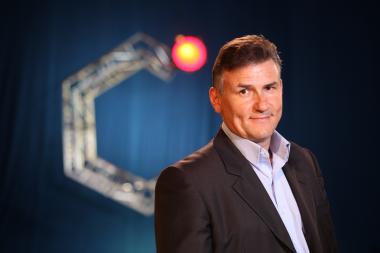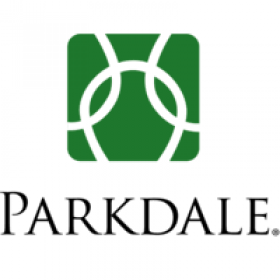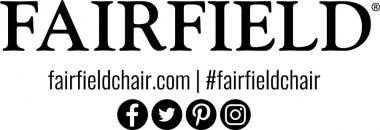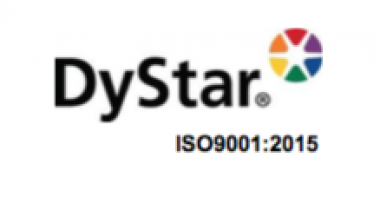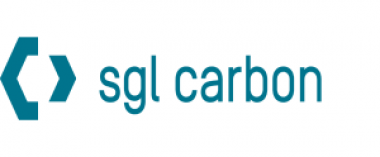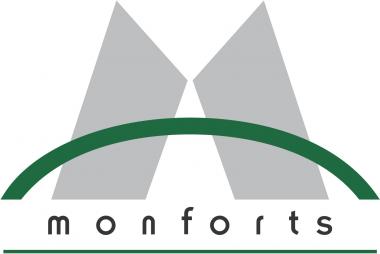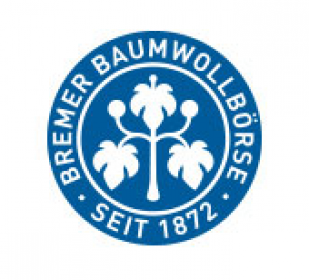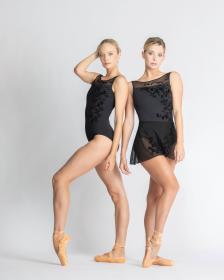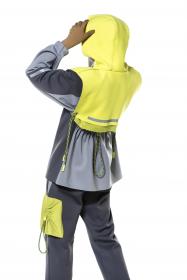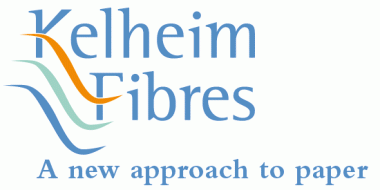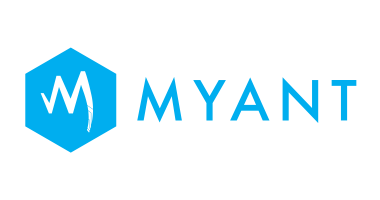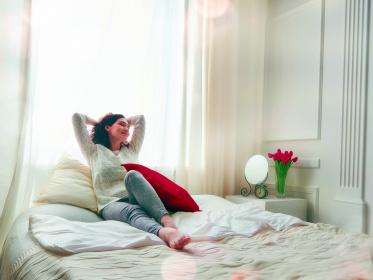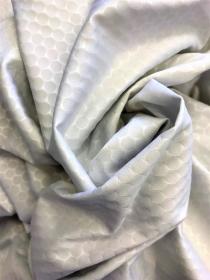2020 “mtex+” cancelled because of the corona crisis
- The “Newcomer Award” will still be presented at the 8th Convention & Fair for Hightech Textiles
- Chemnitz organisers considering forward-looking forums using the “mtex+” brand
The 8th mtex+ Convention & Fair for Hightech Textiles, which was scheduled to be held on 9-10 June 2020, will not take place because of the corona crisis. “We’ve made this decision following in-depth consultations with the members of the advisory board who are working in the textile sector; they were also opposed to moving the date to the autumn because of the unforeseeable consequences arising from the crisis,” says André Rehn, Head of Sales for Trade Fairs & Congresses at the organiser, C³ GmbH, Chemnitz.
“Cancelling the event is a particularly severe blow for us, as the “mtex+” was supposed to be held with a modernised concept and a very attractive programme at our new Carlowitz Congresscenter at the heart of Chemnitz for the first time. The considerable economic loss associated with this is naturally painful for us too. However, we will be presenting our “mtex+” “Newcomer Award” to the prize-winners at the next possible, suitable opportunity. 15 students and graduates from all over Germany have taken part in the young people’s competition with creative ideas for recycling, upcycling and downcycling textiles. We’re also now considering special events, which could operate using our well-known “mtex+” brand in future. Sustainability in the textile value-added chain as well as health and protective textiles made by the domestic market are obvious, forward-looking topics in this field.”
mtex+
C³ GmbH


